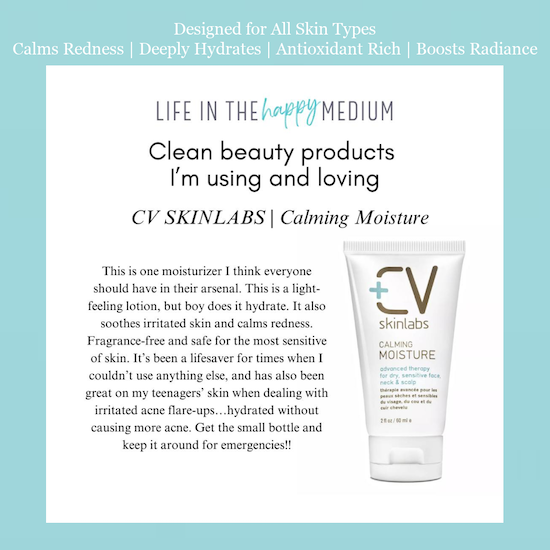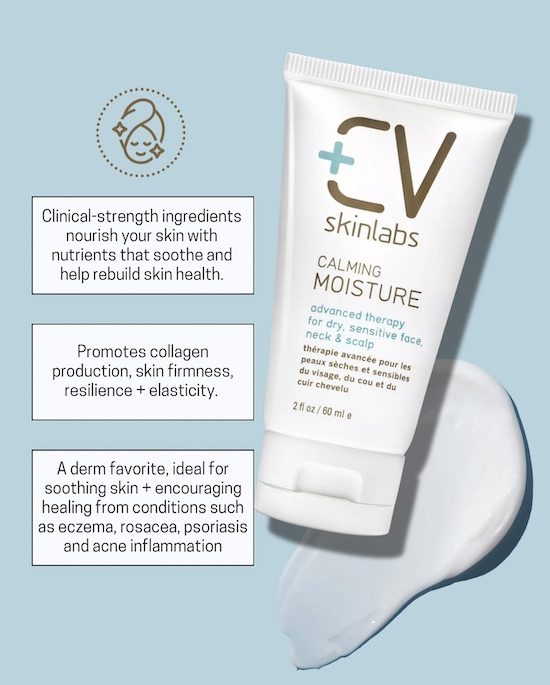Worst TikTok Skincare Trends—Harmful Habits to Avoid
TikTok skincare trends can spread like wildfire.
Suddenly, beauty influencers are touting beef tallow moisturizer or DIY sunscreen. They look great, so you wonder: Should I try that too?
TikTok can be a goldmine of skincare advice, with creators, dermatologists, and beauty enthusiasts sharing tips and tricks that, at times, can be helpful. Some of the things they’re suggesting, however, aren’t good for you and may even be harmful to your skin.
In this article, we’re calling out the worst TikTok skincare trends, explaining why they’re harmful and what you should do instead to maintain glowing, healthy skin.
Worst TikTok Skincare Trend 1: Beef Tallow Moisturizer
Several TikTok users have posted videos advocating beef tallow as a great natural moisturizer. They say it’s all-natural, deeply hydrating, and free of harmful chemicals, making it ideal for sensitive skin. Some melt the substance and apply it to their faces, claiming it’s the ultimate clean beauty hack.
The trend has become so popular that some manufacturers are developing and selling beef tallow moisturizers. Is this the beauty salve you’ve been looking for?
Why It’s Bad for Your Skin
Dermatologists beg to differ. Dr. Fatima Fahs, a board-certified dermatologist based in Michigan, told TODAY.com that the substance is likely to clog your pores:
“Put down the beef tallow and pick up the well-formulated, science-backed moisturizer instead,” she said. “Beef tallow can be highly occlusive and actually pore clogging, so oily and acne-prone skin types should steer clear.” She added that anything made at home rather than tested for contamination in a lab is a “recipe for disaster, including the possibility of bacteria and even mold.”
What to Do Instead
Choose non-comedogenic (non-clogging) moisturizers specifically designed for sensitive skin. They are far safer and more effective than DIY animal fat-based concoctions. We recommend you try our CV Skinlabs Calming Moisture. It will deeply moisturize your skin while reducing inflammation and redness, making acne breakouts less frequent.
Worst TikTok Skincare Trend 2: DIY Sunscreen
Several TikTok creators have showcased homemade sunscreen on their channels, typically featuring ingredients like coconut oil, zinc oxide, and shea butter. They claim these solutions are natural and just as effective as store-bought sunscreen. Some say they’re better for the environment.
Watching these videos, you may be convinced. After all, the solutions look like sunscreen and have the same ingredients. They should work, right?
Why It’s Bad for Your Skin
Check out this TikTok video from Daily Mail. They report that according to dermatologists, these sunscreens may provide a low SPF protection of 2 or 3, but nowhere near the recommended 30 that you need to protect your skin.
Dr. Shari Lipner, associate professor of clinical dermatology at the Weill Cornell Medical Center, told TODAY.com that sunscreen is definitely not something to make yourself:
“Some TikTok influencers are advocating for making sunscreen at home that also has anti-aging ingredients,” she said. “The harm in doing that is that these sunscreens are not regulated and may result in sunburn, skin aging, and increased risk of skin cancer, and may also irritate your skin.”
Because homemade sunscreens have low and inconsistent SPF levels, you can’t trust them to protect your skin. Commercial sunscreens undergo rigorous testing to ensure their SPF rating. DIY options can leave you thinking you’re protected when you’re not, leading to sunburn, peeling, and maybe hyperpigmentation.
What to Do Instead
Always use a broad-spectrum sunscreen with at least SPF 30. Look for mineral-based formulas containing zinc oxide or titanium dioxide.
Worst TikTok Skincare Trend 3: Lemon Juice for Brightening
Lemon juice is often used in homemade beauty recipes to brighten skin because it contains a little vitamin C and acids that can reduce the appearance of dark spots and acne scars. For sensitive skin types, however, lemon juice can irritate the skin and even cause sun damage.
Some TikTok influencers tout natural lemon juice for lightening dark pigmentation. This channel suggests applying it for 20 minutes!
Why It’s Bad for Your Skin
Lemon juice is highly acidic (pH 2), which is far too harsh for the skin’s natural barrier. (Check out this TikTok video—she shows you why this is a bad idea!)
It can cause:
- Irritation and sensitivity: The high level of acidity can damage the skin barrier, leading to redness, peeling, and heightened sensitivity to sunlight.
- Phytophotodermatitis: When lemon juice is exposed to sunlight, it can cause severe chemical burns, leaving dark patches and blisters.
What to Do Instead
Instead of lemon juice, use a gentle vitamin C serum that’s pH-balanced and designed for skin care.
Worst TikTok Skincare Trend 4: Excessive Exfoliation
TikTok beauty enthusiasts love making homemade exfoliators for your face and body skin. Many show off aggressive scrubbing with harsh ingredients, using hashtags like #GlassSkin and #NoPores. The results seem great in the moment—skin may appear shiny, smooth, and flawless.
Why It’s Bad for Skin
Despite the in-the-moment results, over-exfoliation can do more harm than good over time.
- Compromised skin barrier: Stripping away too many layers of skin can make it vulnerable to environmental damage and irritation, resulting in roughness and uneven texture later on.
- Inflammation: Aggressive or frequent exfoliation can trigger redness and swelling.
- Breakouts: Damaging the skin barrier can lead to more acne and frequent breakouts.
What to Do Instead
Limit exfoliation to 1-2 times a week with a gentle, chemical exfoliant containing lactic acid, glycolic acid, salicylic acid, or polyhydroxy acids (PHAs)—chemical exfoliants that are gentler than other hydroxy acids. (Examples include lactobionic acid, galactose, and gluconolactone.)
Follow up with a barrier-repairing product like our CV Skinlabs Calming Moisture to keep skin hydrated and protected.
Worst TikTok Skincare Trend 5: Cinnamon Masks
TikTok creators rave about using cinnamon in DIY face masks to boost circulation and clear acne. This one combines it with lemon (ack)! Another recommends combining an egg white with lots of cinnamon and then applying it directly to the skin, leaving it on for 15 minutes.
Why It’s Bad for Skin
Cinnamon is a strong irritant and can cause severe reactions, including:
- Contact Dermatitis: Many people suffer from redness, itching, or burning after applying cinnamon to their skin.
- Chemical Burns: If you leave it on too long, the cinnamon may cause serious damage, particularly to those with sensitive skin.
This TikTok user was brave enough to show how red her skin was after using a cinnamon mask!
What to Do Instead
Choose anti-inflammatory masks with ingredients like oatmeal and aloe vera. If you tried the cinnamon and ended up with irritated skin, try our Rescue + Relief Spray for instant calming benefits.
Be Careful With Your Skin—The Influencers Aren’t Always Right
The bottom line is that not all trends are good, and some are downright harmful. Instead of DIY solutions or dubious hacks, rely on science-backed products like those from CV Skinlabs, which prioritize safety and effectiveness. Healthy skin isn’t about trends—it’s about consistency, care, and using products made with your skin’s well-being in mind.
Also, check out our thoughts on “skin slugging,” another alarming TikTok trend!
Have your skin suffered because of a bad TikTok skincare trend?
Featured image by Ron Lach via Pexels.




